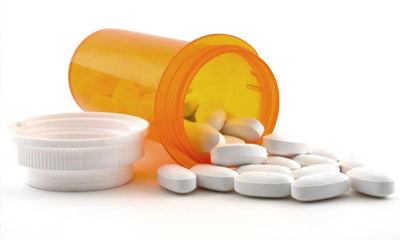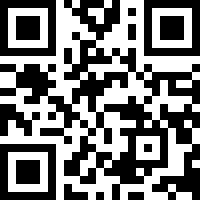In order to understand how counterfeit drugs enter the supply chain, it’s important to know the basics of what the supply chain is. Recently we talked about pharmaceutical manufacturers, so today we’ll be discussing wholesale distributors and their role in the process.
Wholesale distributors are the second link in the drug supply chain. They purchase pharmaceutical products from the manufacturers to distribute to a variety of different locations, such as pharmacies, hospitals, clinics, doctors’ offices, and labs. Some distributors sell a variety of products, which include drugs and medical equipment, while others specialize in types of product sold or type of customer sold to.
The traditional distribution model has remained unchanged over the years. Wholesale distributors purchase the drugs (and other equipment) from pharmaceutical companies, store them in warehouses and other holding facilities, and sell them to pharmacies, etc. In recent years, more functions have been adopted, like drug repackaging, direct orders from individual people, and drug buy-back programs.
Due to increasing pressures in the marketplace, the industry is evolving all the time. Part of the reason for this is the increased pressure of keeping counterfeit drugs out of circulation, while another part is increased demand for keeping prices low.
Interestingly enough, while the number of manufacturers has gone up in recent years, the number of distributors has gone down, with buyouts and mergers becoming common in the industry. This consolidation has been vital to drug pricing, with the largest distributors making profits from low-costed products spread over large swaths of the population, rather than by buying products at a low price and selling them at a steep markup. It’s also been essential to new services, like increasing efficiency in the various stages of distribution and offering special programs for payment.
That’s not to say that distributors have total control over the market. As we’ve seen in the past few years, manufacturers are free to set the prices on name brand drugs, which will remain uniform across the board. Wholesalers tend not to negotiate these prices, as there is usually a competitor in every vital market. However, like virtually all business, there is a sliding rate that gets less expensive when more product is purchased. There are other ways for wholesalers to keep prices low, such as discounts given to distributors who can move more product and pay on time (or in advance), and selling short-dated drugs, which carry the risk of expiration before sale. Negotiations on price then happen when selling to pharmacies, but for name brand products, there isn’t much deviation from the standard pricing for the market.
Generic products, on the other hand, offer wholesalers a much broader avenue for price negotiation. The market largely determines these prices, and it’s not uncommon for manufacturers, distributors, and pharmacies to talk with each other in determining how much to pay for how much product, based on a huge number of factors like regional demand, store brand labeling, negotiations, public opinion, and more. Wholesalers have a safety in place for this in the form of chargebacks – if the manufacturer and the pharmacies reach an agreement on pricing without the input of the wholesaler, the wholesaler has the ability to charge the manufacturer for profits lost in the deal. In the end, a bottle of 100 pills of Bayer Aspirin will sell for about the same price at every pharmacy, while generic Aspirin will have a different price everywhere (albeit at a lower price point than the name brand).
Due to the unique nature of the wholesale distributor in the drug supply chain, regulations are incredibly strict when it comes to how the drugs are received, stored, handled, and sold. Each company has its own model for handling medicine, as this is one of the most likely places for counterfeit drugs to enter the system. In western countries, the tide is stemmed somewhat, but counterfeiters are increasingly finding ways around public and corporate structures.
At IDLogiq, we are using blockchain-powered technology to validate medications so that you and people all over the world are getting real drugs to help you.


